The hospitality industry is facing a “cost of business” crisis as costs continue to soar, according to the boss of a Perthshire hotel.
That is the view of Crieff Hydro owner and chief executive Stephen Leckie.
The Crieff Hydro Family of Hotels portfolio of eight hotels also includes Ballachulish Hotel, the Isles of Glencoe and Kinghouse Hotel, also in Glencoe.
It is facing an annual increase in energy bills of more than £1 million this year and an insurance bill climbing from £400,000 to £1.1m.
Coupled with rising costs in food and drink, recruitment and wage costs, Mr Leckie believes it’s an “extremely challenging” time for the sector.
Strong presence in the Highlands
The group also run Peebles Hydro, Murraypark Hotel in Crieff, The Park in Peebles and Taypark House in Dundee.
Turnover more than doubled from £12.1m in 2021 to £28.7m in the year to the end of February 2022.
The company also turned a £3.2m loss into a pretax profit of £3.1m, according to its most recent accounts.
Earnings before interest, taxation, depreciation and amortisation (ebitda) – Crieff Hydro group’s preferred metric – grew to £5.8m in 2022 against a £458,643 loss in 2021.
Mr Leckie said results had been helped by the reduction in VAT and business rates holiday last year – but there needs to be caution.
Worrying cost of rising bills
He said: “The results are sensibly good; however, the underlying trading isn’t that good because we were helped so much with reduction in VAT and business rates holiday last year, which goes to show just how much this industry is taxed.
“The underlying trading wasn’t that good and that’s coming home to roost this year where the underlying trading will see revenue grow quite considerably this year but the profit is going to drop right off because of the cost of doing business.
“We talk about the cost of living crisis but it’s cost of business crisis that many businesses like us are facing.
We talk about the cost of living crisis but it’s cost of business crisis that many businesses like us are facing.”
“Our energy bill will go up by £1 million this year and our insurance has gone from £400,000 to £1.1m.
“Food and drinks costs up 13% to 15%, wages costs up by 20% and more for some jobs.
“If we are symbolic of of what happens in this industry then the industry is facing particularly tough times.
“I’ve not spoken to any hotelier across the country who is saying this year is great.
“Revenue is not what they anticipated and costs have gone up alarmingly.”
The group received government grants of £645,373 (2021 – £3,943,061) under the job retention scheme which came into force as a result of the global pandemic caused by the coronavirus outbreak.
There was also hospitality sector related grants of £677,081 compared to £205,134 in 2021.
The company took on a £5m CBILs loan during the pandemic but the firm said the repayment of this was extended a year until April 2023 and that it had “sufficient cash headroom” not to have to replace it.
Recruitment issues
It also highlighted difficulties when it comes to recruitment saying “points based immigration system” continues to act as a “de facto barrier” to recruiting labour although it said it has developed “various initiatives” to recruit and retain staff.
Mr Leckie said: “The cost of recruitment to find overseas staff is sitting at £20,000 a month just now. But if we don’t bring these staff in we can’t trade.
“Two months ago we had 200 staff on our vacancies list and now we are down to 60.
“We are getting there but it comes at a cost because you have to pay the recruitment costs.”
At group level, employees in the year fell just slightly to 736 from 744.
Hoteliers feeling the pressure
Mr Leckie highlighted the plight of one hotelier who last year paid £25,000 on energy costs but has been quoted £138,000 for this year.
“That hotel will probably not make that kind of money in a year,” said Mr Leckie, who is chairman of the Scottish Tourism Alliance and president of the Scottish Chambers of Commerce.
“The entire year’s work has just gone into paying energy for nothing extra, which means he or she won’t be able to reinvest back into their property and that’s the concern in this industry.”
Mr Leckie added that the significant increases in costs are affecting profits.
He said: “If our energy bills go up by a £1m this year just for our small company we have to sell an awful lot of teas and coffees, an awful lot of breakfasts and overnight stays just to finance that single cost alone.
“It’s extremely challenging.”
Despite this, the company has earmarked £3m for further investment back into the business “despite what will undoubtedly be an incredibly challenging trading year”.
The outlook for 2023 is ebitda of “no more” than £4m due to a “weak” outlook and “uncertainties”
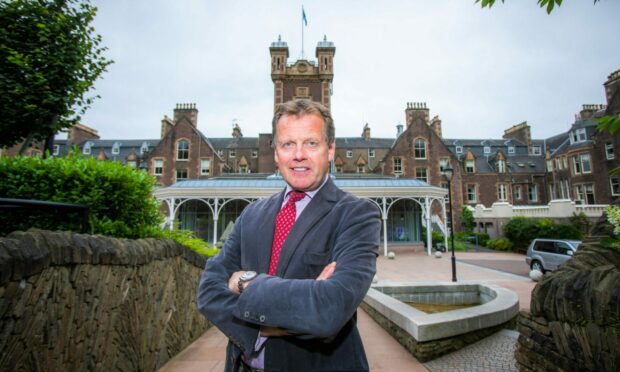
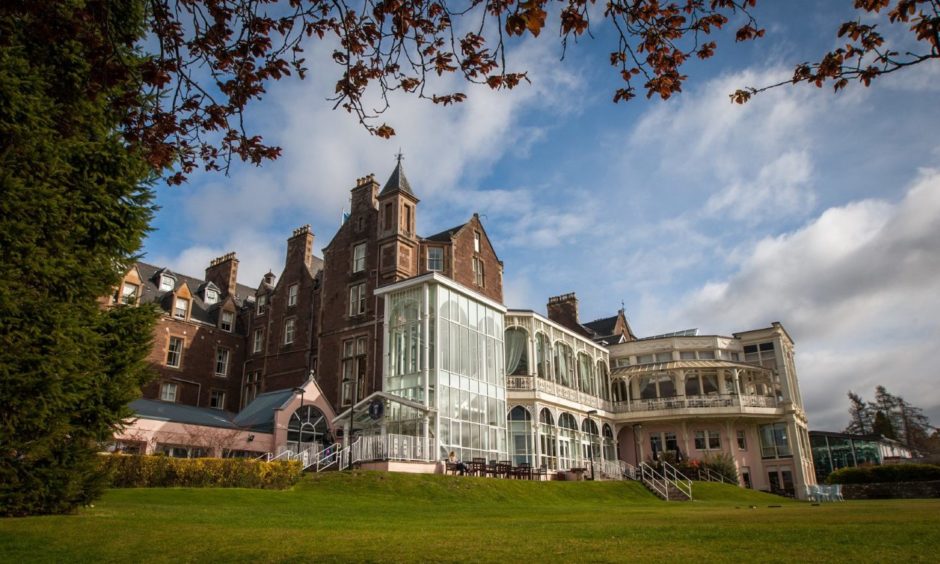

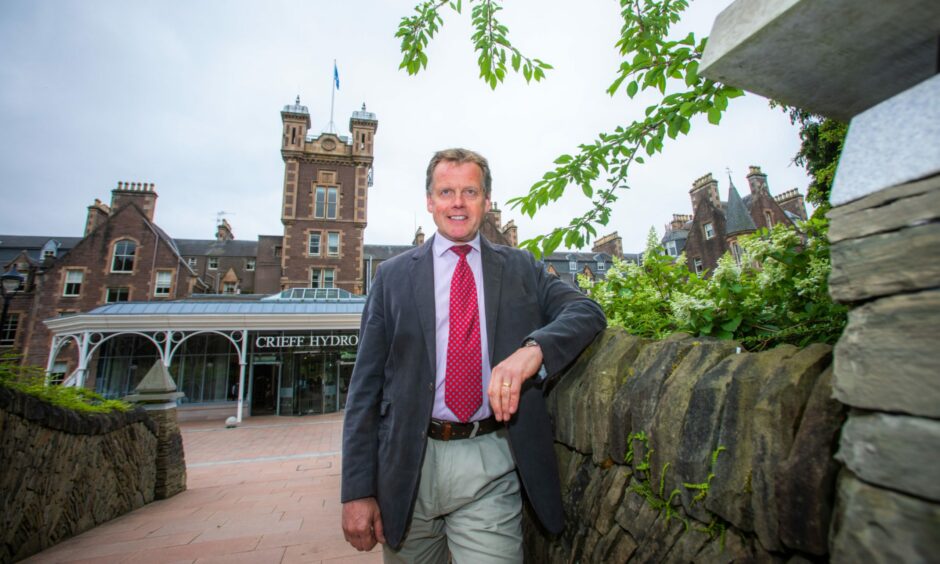
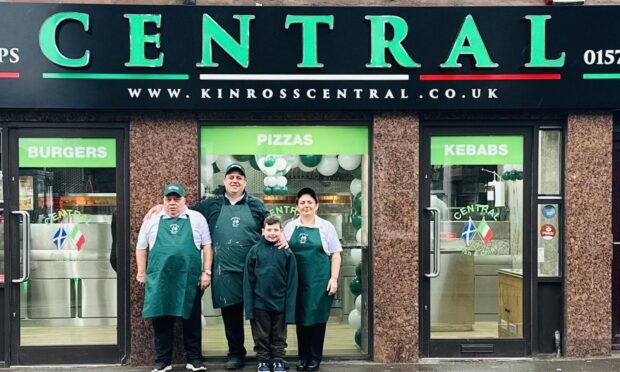
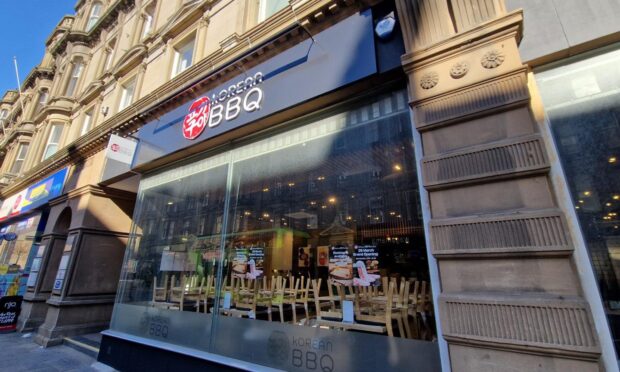

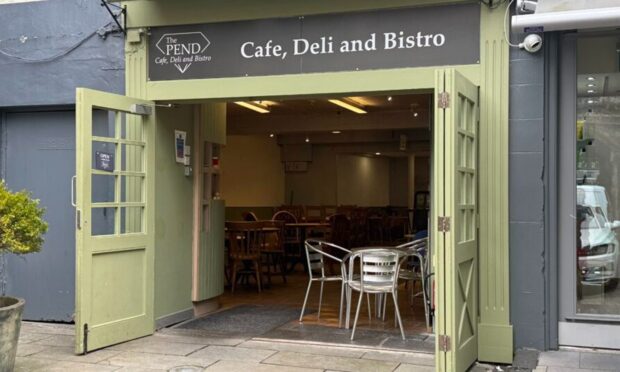
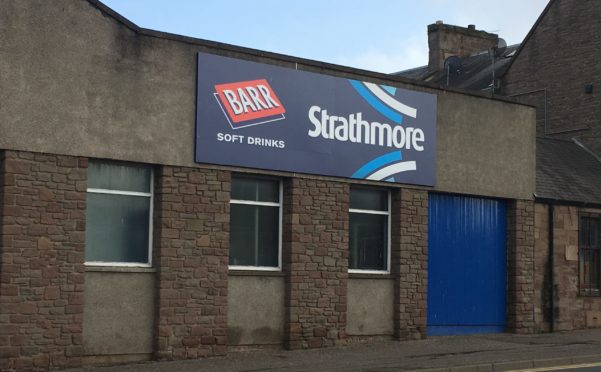
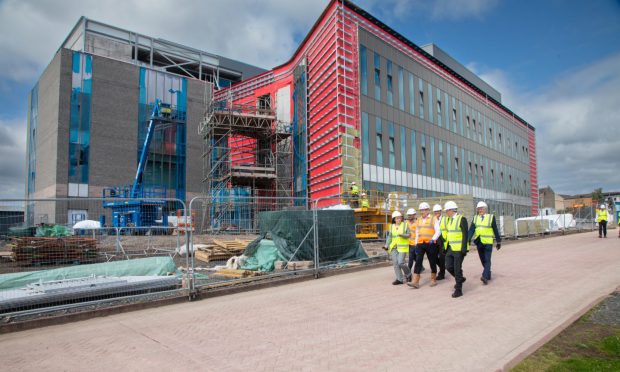
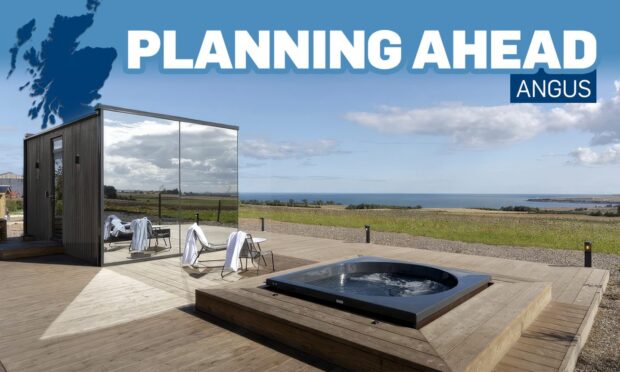
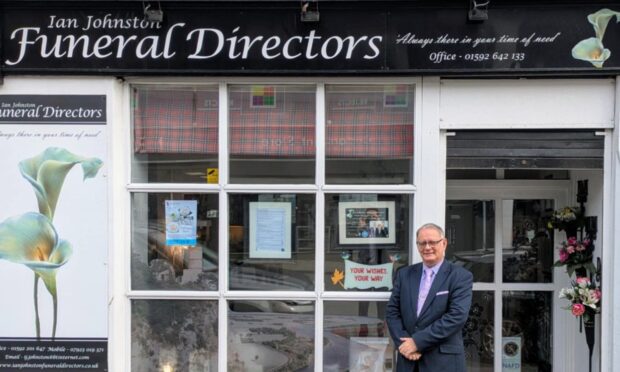
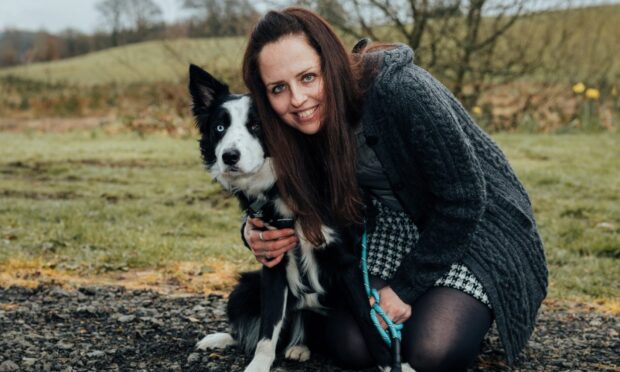

Conversation